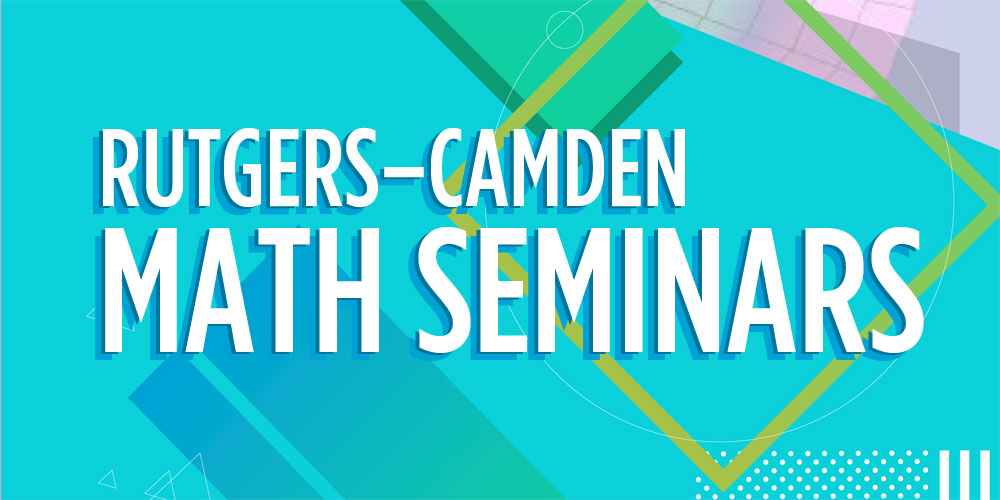The Department of Mathematical Sciences will host two upcoming seminars:
- Thursday, April 17, Dr. Wei Dong of National AI Campus and Managing Director of Ann Arbor Algorithms; and
- Tuesday, April 22, Dr. Ananda Gunawardena of NJ AI Hub
April 17
Dr. Wei Dong will present virtually on Thursday, April 17, from 12:45 p.m. – 1:45 p.m. on the topic, “Agent-Oriented Programming of Language Models.” Contact sm1380@camden.rutgers.edu for more information.
Abstract
A large language model is an automaton, and like any automaton, it should be programmed in the language it accepts. When we view prompt engineering as programming through the lens of automata theory, it becomes clear that traditional software engineering practice — rooted in the strict separation of programming languages and natural languages — must be rethought. In this seminar, Dr. Dong will present a conceptual framework of agent-oriented programming based on emails and share intriguing experimental results from Ann Arbor.
April 22
Dr. Ananda Gunawardena will present on Tuesday, April 22, from 12:45 p.m. – 1:45 p.m., in Armitage Hall 124. He will present, “The AI’s Impact on the Future of Education.” This event is co-sponsored by the Office of Research and the Office of the Provost. The talk will be followed by a reception at the Alumni House. Contact sm1380@camden.rutgers.edu for more information and to register.
Abstract
As AI continues to transform education, we need to think about how AI will impact education and future workforce development. This seminar will highlight our work with NJ AI Hub (https://njaihub.org/), a centralized resource for foundational research, innovation economy, education and workforce development. We will also introduce key AI innovations, including Cubits.ai, an AI-driven course platform; CodeBench, a cloud-based coding environment; and SmartSlides, an AI-powered tool for creating dynamic presentations. These technologies aim to make learning more interactive, accessible, and effective. We will explore how AI is reshaping education and how new tools and course reimagining can support instructors and students in the evolving digital landscape.

